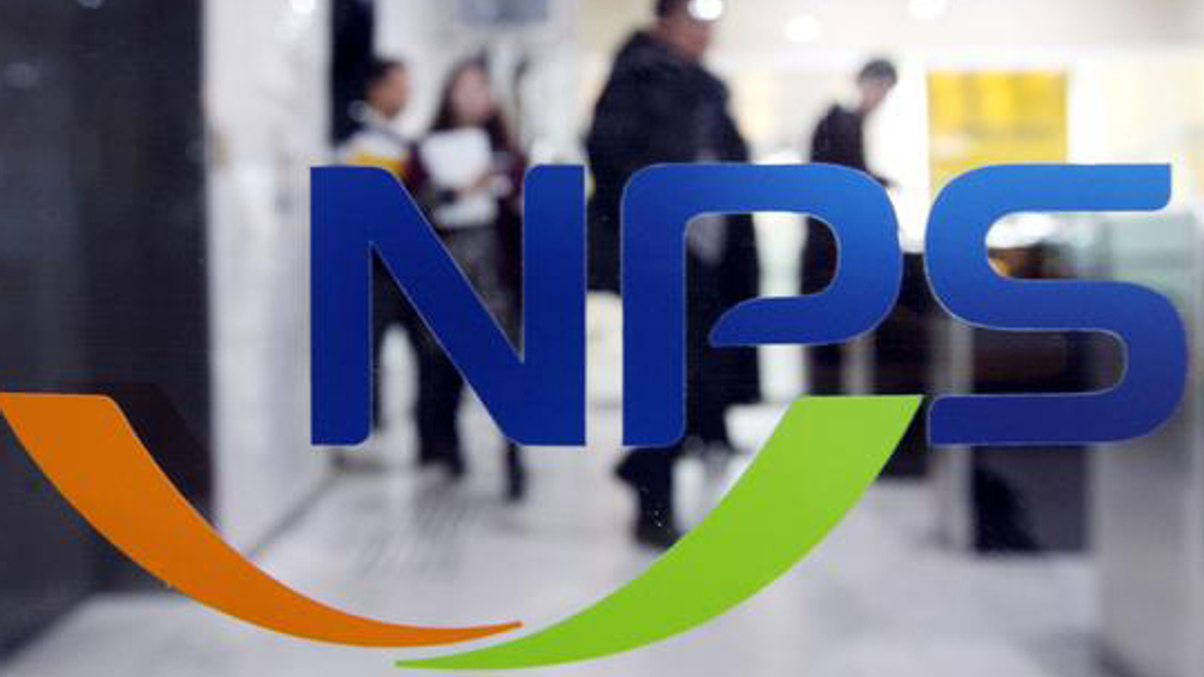NPS counts cost of political tinkering – again
The arrest of the CEO of Korea's National Pension Service amid allegations of corruption offers another example of why the fund should be freed from political meddling and cronyism.

When politics and pension investments mix, the consequences are often costly. Korea’s government has received yet another reminder of this, courtesy of the scandal engulfing National Pension Service (NPS), the country’s largest pension fund.
Sign in to read on!
Registered users get 2 free articles in 30 days.
Subscribers have full unlimited access to AsianInvestor
Not signed up? New users get 2 free articles per month, plus a 7-day unlimited free trial.
¬ Haymarket Media Limited. All rights reserved.


